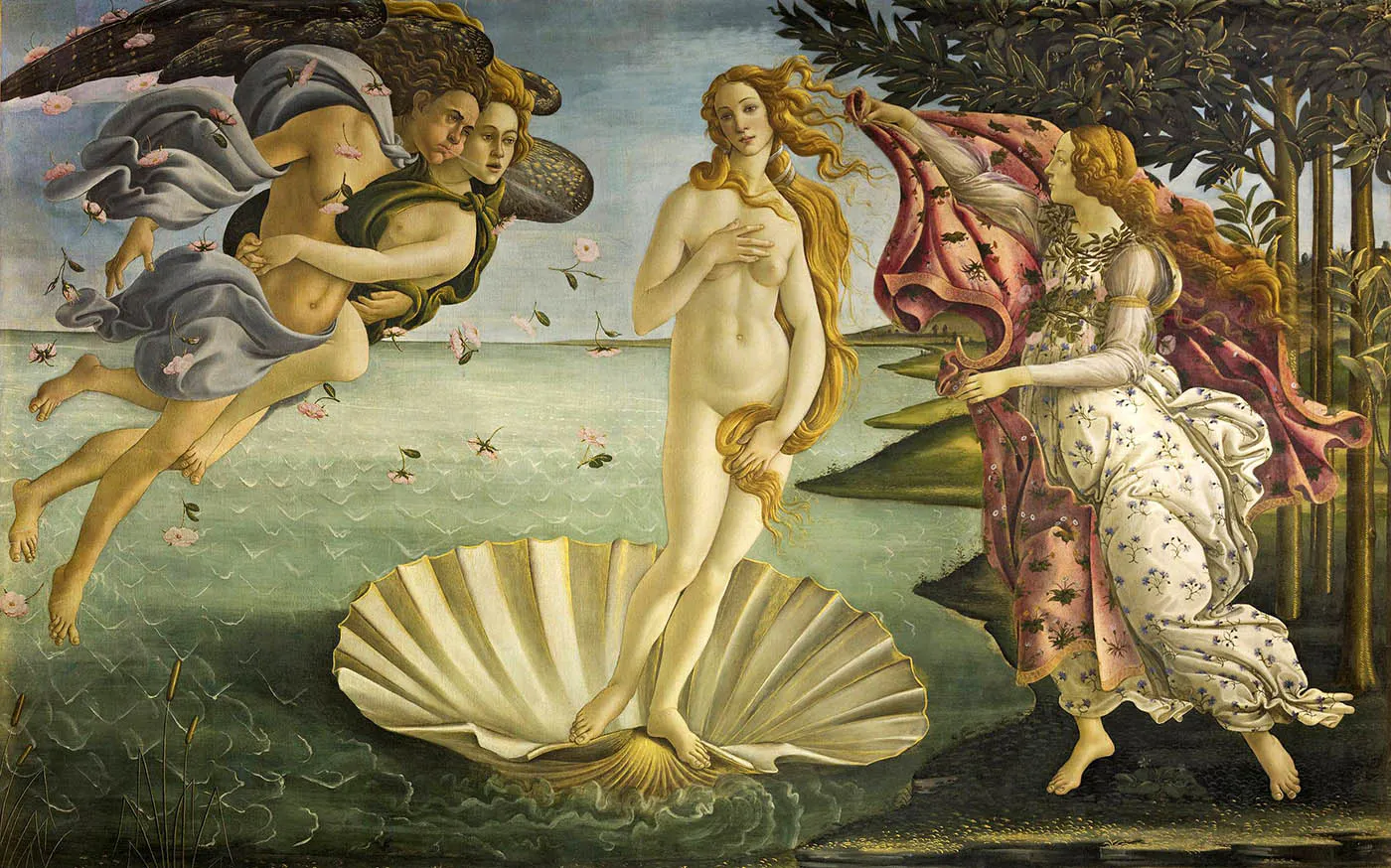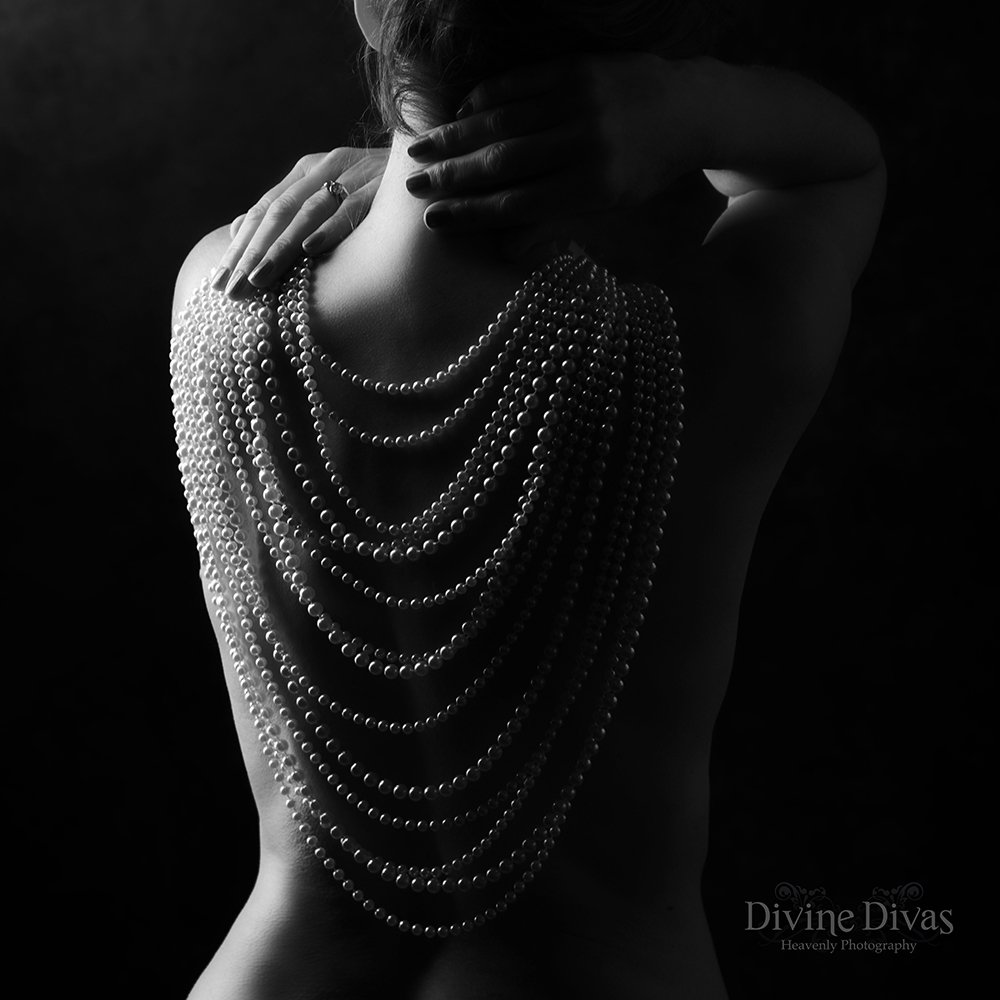The Facebook police won’t like this: why does Facebook censor our Boudoir Photos?
I can’t say that I’m much of a dare-devil. My only claim to villainy is that I’m technically banned in all Boots stores in the UK. (It was a case of mistaken identity - they thought I was stealing Coleen Rooney’s fragrance). I wait for the green man to cross the road, I never steal, and, I would say, all in all, I am a law-abiding citizen. But there is one faction of society that I regularly piss off; in fact I’ve received many the tap on the wrist and many the warning. They’ve even went as far as threatening to take down my business’s social media account. You see, in the eyes of the Facebook Police - I’m a wanted woman, armed and dangerous, and under arrest for the suspicion of posting photos of nipples.
All jokes aside, Facebook’s censorship of a woman’s naked body causes Divine Divas huge issues - what with being a Boudoir Studio and all. The conversation around censorship has been suddenly thrust into the light recently thanks to Madonna, who posted several lingerie-clad photos of herself, with the devious nipple making a few guest appearances. Love or hate her photos (and we have to say, we fall on the ‘love’ side when it comes to any women unabashedly expressing her individuality), she raised a very good point in what she had to say about them. After her photos were taken down, she reposted with this caption:
“I’m reposting photographs Instagram took down without warning or notification… The reason they gave my management that does not handle my account was that a small portion of my nipple was exposed. It is still astounding to me that we live in a culture that allows every inch of a woman’s body to be shown except a nipple. As if that is the only part of a woman’s anatomy that could be sexualized. The nipple that nourishes the baby! Can’t a man’s nipple be experienced as erotic??!!”
We have to admit, we share Madonna’s frustrations. We have had countless photos taken down over the years, and we always have to shoulder the fear that Facebook may, at any point, choose to dish out a more severe punishment and delete our account which would be pretty horrific considering we talk to a lot of our Divas on Facebook. Our work is art - it is tasteful, it is beautiful and the women in the photos are even more so.
Facebook’s policy claims that it will allow nudity if it is “health-related” or shows “photos of breastfeeding, giving birth, breast cancer awareness, gender confirmation surgery, or in an act of protest.” It is also claims that it doesn’t mind content containing “nudity for purposes such as awareness campaigns or artistic projects” but explains that it “restricts the display of nudity because some audiences within our global community may be sensitive to this type of content, particularly because of their cultural background or age.” It also does, in some respects, throw its hands in the air and admit to the policy being “less nuanced” than they would like.
Fair enough, Facebook has a responsibility to be culturally sensitive and age appropriate but the bit that gets to us, and I mean really gets to us, is it’s assertion that they allow artistic projects or nudity that raises awareness - what is Boudoir if not art? What is Boudoir if not raising awareness around body and sex-positivity? And to build upon Madonna’s point, who is deciding what is sexual and what is not? Facebook and Instagram is full of far more explicit accounts than Divine Divas - and they seem to sweep under the radar pretty easily.
Celebrating and honouring the female body has been part of art since the 4th Century BC, when the first life-sized representation of the nude female form was sculpted - and the momentum and magic behind it has only grown.
The Venus of Urbino (also known as Reclining Venus)is an oil painting by the Italian painter Titian, which seems to have been begun in 1532 or 1534, and was perhaps completed in 1534
The Birth of Venus is a painting by the Italian artist Sandro Botticelli
Boudoir has long been a form of protest. From the days of Marquis de Sade and French aristocracy where Boudoir was linked to liberal (and pretty scandalous) sexual activity in “le boudoir” to the pin-up photography of World War Two, Boudoir has always carried a message. It went from a code for sexual liberation, to American propaganda promising their country something (or someone) worth fighting for, all the way up to modern day where more and more women have entered and own the industry.
Boudoir is more important than ever. In a world where societal and day-to-day pressures mould our own expectations of self worth, of beauty, of sexuality - boudoir is a daring and bold way to say, and excuse my french, fuck that.
It is women taking joy and pride in their own bodies - after years and years of being told that their beauty is assigned and decided by those around them. Boudoir carries a revolutionary spirit, both in the personal and wider sense.
Photography by Albert Arthur Allen
It is a statement of self-love and what makes it even more powerful is that women are at the helm of it. It is unique in that the women in the photos are the whole point and purpose of the photography too. And, crucially, it is art, and more than that, it is art with a weight of history behind it. If you want an example, just take a look at the work of Albert Arthur Allen’s, who’s photography dates from 1916 onwards.
We see naked women in paintings, in sculptures, in films, in music videos, we see them everywhere - does a body become less beautiful when it is your own? No. It becomes even more so - and with it, it sends a message of joy, of appreciating your body, of adoring every curve, every inch, every wrinkle, every spot, from the tip of your hair to your fingernails.
Our photographers follow years of training and take years of practise to create the work that they do. They are lovers of light, of composition, of detail and story telling. They are artists.
So, Facebook - tell us, if you allow for nudity that you see as art, or that you see as raising awareness, why will you not allow Boudoir? It has been part of our culture for years - and it’s time Boudoir, and all of our bodies, were seen for what they are - art.
We do have to admit something though, we can’t help but kind of like that Boudoir has always been associated with a touch of scandal. In the 1920’s it was prohibited to own nude photography, aforementioned Albert Arthur Allen was indicted for sending obscene materials through interstate mail, and, now in the modern age, we deal with the Facebook Police. So maybe we’re alright with being a bit naughty - after all, well behaved women never do make history.
In the spirit of throwing two fingers up to Facebook and in showcasing the beauty of Boudoir, below are some of the photographs that Facebook has banned in the past. We hope you enjoy and join us in throwing two fingers up to the censorship of women’s bodies.










